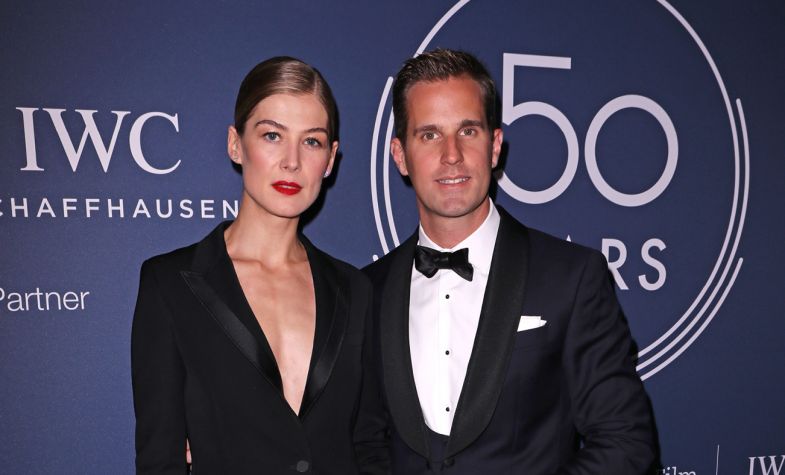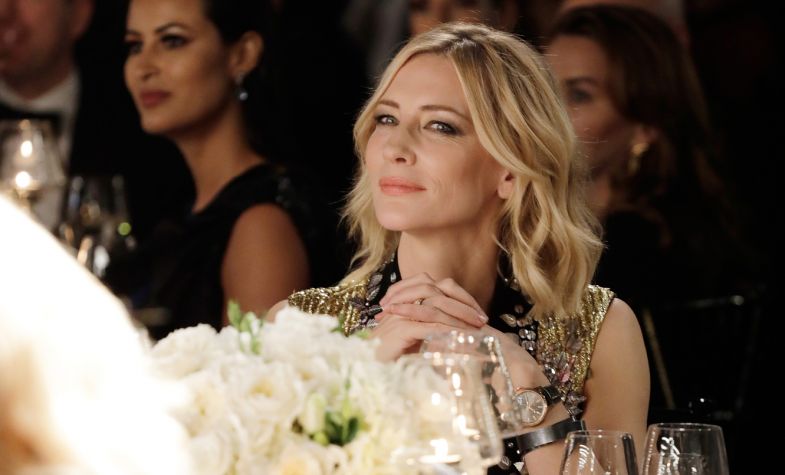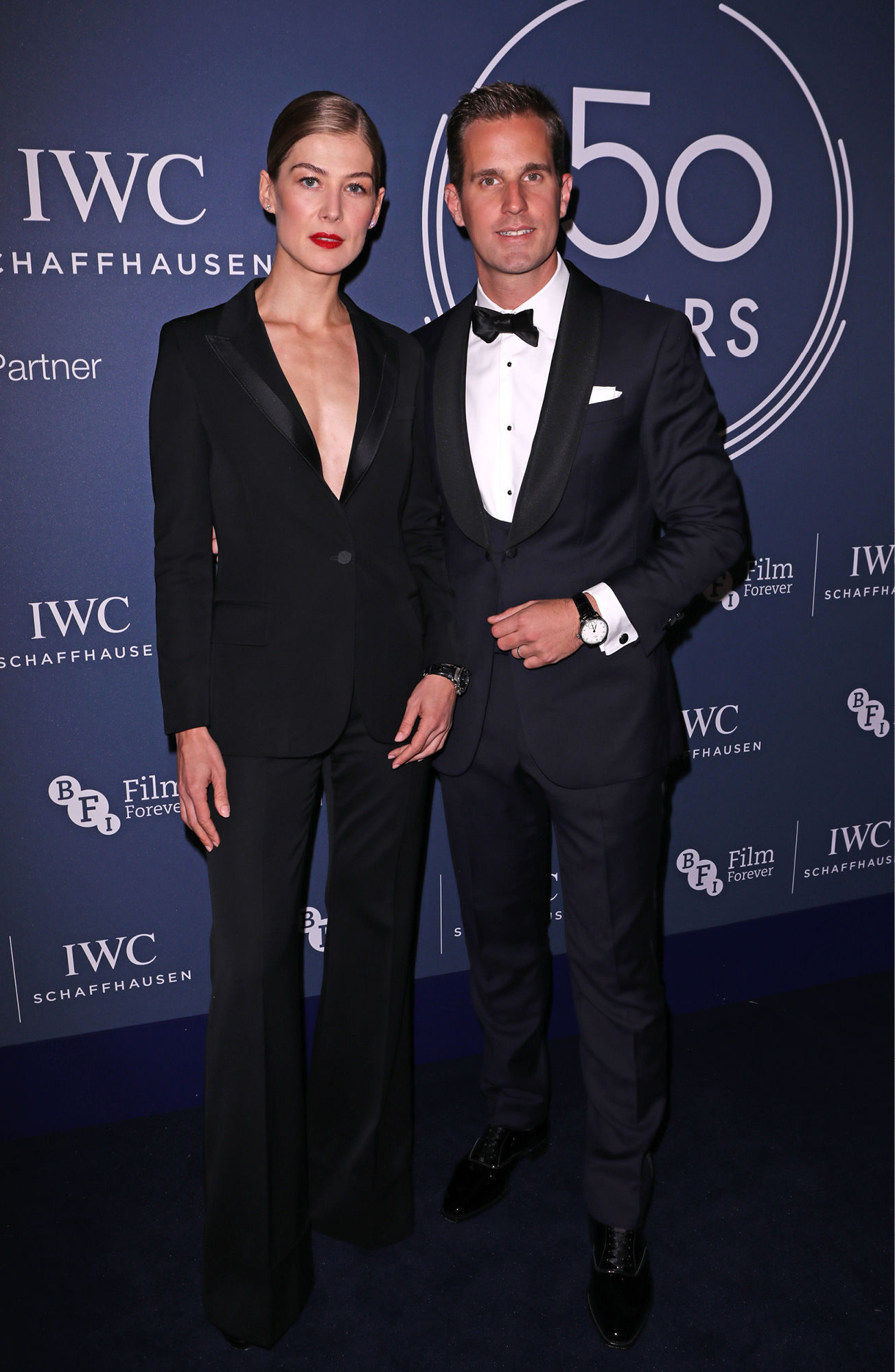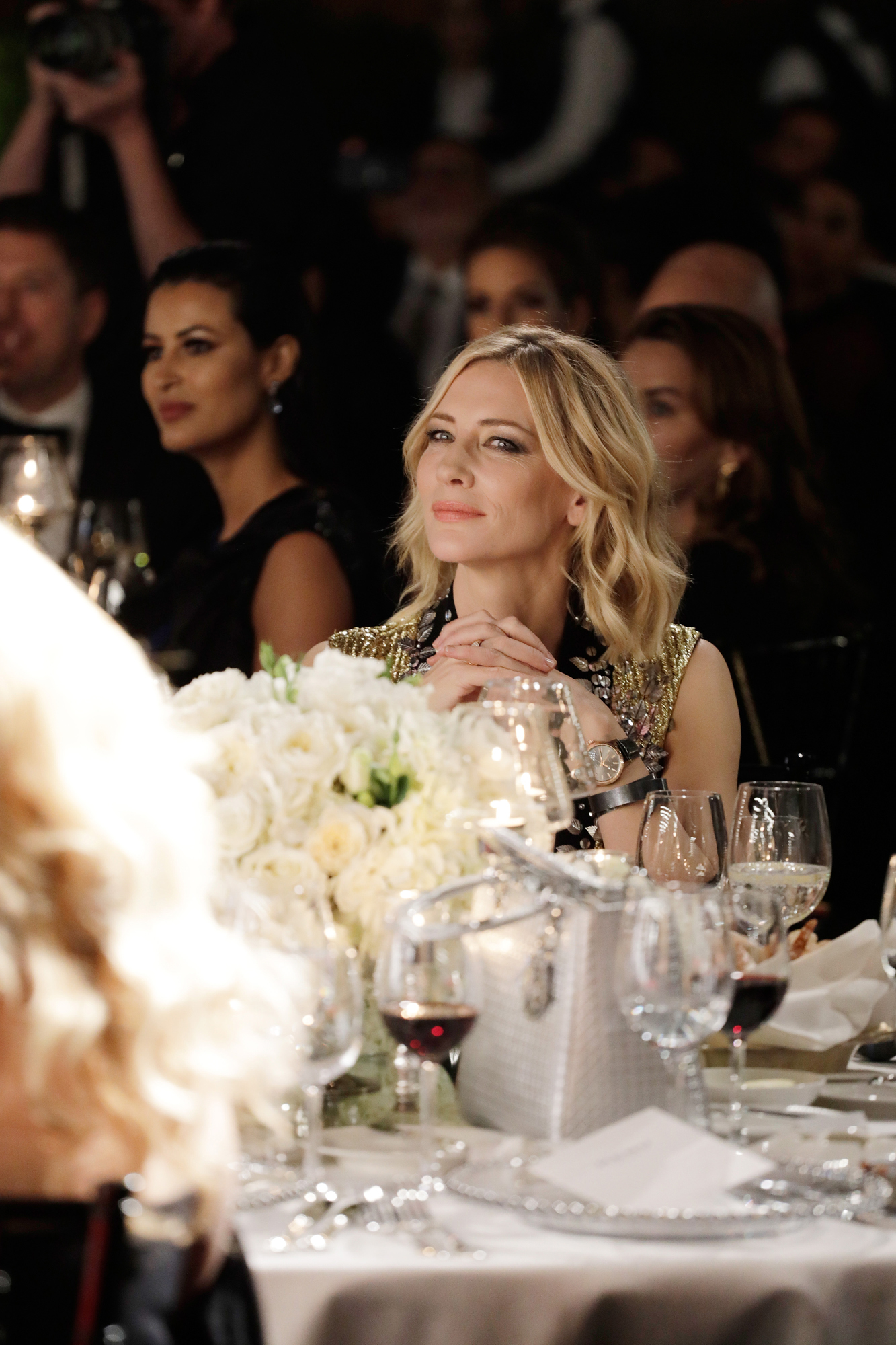WORDS
Eleanor Pryor
From product placements on the big screen to Hollywood stars sporting timepieces on the red carpet, the watch industry has long had a supporting role in the film industry. But while having big-name ambassadors on the books is now commonplace, some brands have chosen a more holistic approach to bridging these two creative worlds.
None is this more true for than IWC, whose CEO Christoph Grainger-Herr stresses that watchmakers and filmmakers are fundamentally in the same business – storytelling. ‘[A watch is] a machine with a heart; it’s a very human type of machine,’ he explains. ‘I think it becomes people’s compass and when you wear them a lot and they’re a bit dented and scratched, it reminds you of things… it tells a really nice personal story.’
While the watchmaker has fostered long-standing relationships in film with the likes of Cate Blanchett, Sir Patrick Stewart, Rosamund Pike and Dev Patel, several years ago it also turned its attentions to nurturing future talent. Partnering with institutes and film festivals around the world to offer bursaries, it is supporting a diverse range of writers and directors at the beginning of their careers, giving a much-needed financial lifeline to help evolve their creative projects.
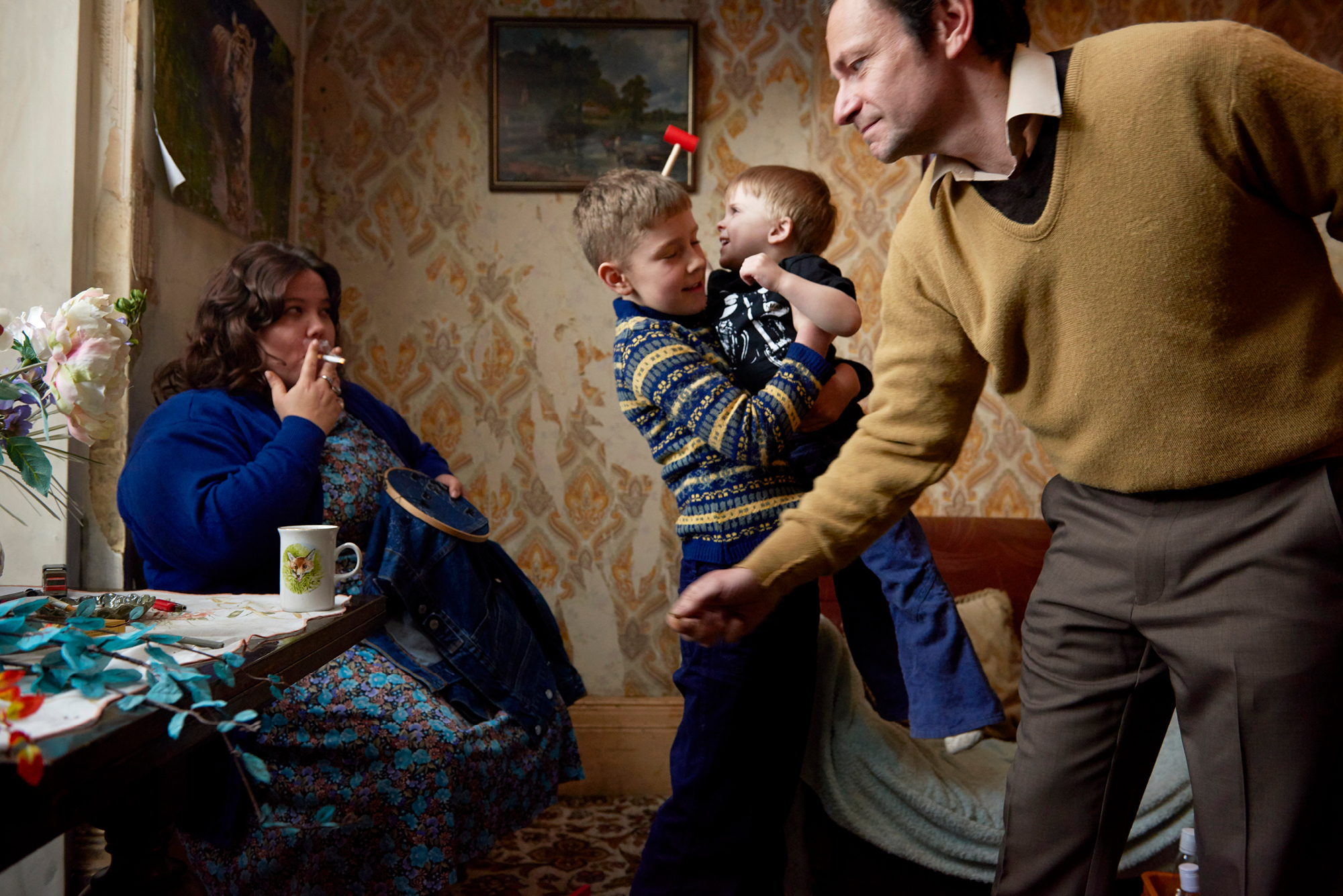
The latest beneficiary is Richard Billingham, who impressed with his feature-directing debut Ray & Liz, based on his childhood memories growing up in a council flat in Birmingham during the Thatcher era. Beating thousands of entries to make it into the Official Selection at the BFI London Film Festival, it earned him the third annual IWC Schaffhausen Filmmaker Bursary Award in association with the BFI. At £50,000, it’s one of the largest of its kind in the UK film industry. IWC’s bursaries support filmmakers at different stages in the creative process, including providing the funding they need to get projects completed. ‘The BFI version is a little bit different because the feature films are finished and we have a personal statement from the filmmakers on what they want to work on next; often it’s the case that these filmmakers have a day job and don’t have the space to work on a project properly,’ says Grainger-Herr. ‘They have a bursary, which is where we come in and relieve them of their day jobs for a certain amount of time and they are able to focus on these next projects.’
This focus on the long term resonates with Grainger-Herr’s vision for IWC. He talks of the challenges of hiring in such a niche and technical industry. ‘We have our own watchmaking apprentice programme, we train our own technicians who work in machining and toolmaking,’ he says. ‘If you find talented people who have this engineering approach to making watches, it’s not something where you just pick CVs on LinkedIn, you have to be very specific about the types of people you’re looking for, and we try to nurture a lot of the talent ourselves.’
And it’s not just a strong and capable workforce that is securing the future of the brand. This summer saw the launch of its ambitious new Manufakturzentrum on the outskirts of Schaffhausen, Switzerland, bringing production and movement assembly under one roof. Spanning 13,500 square metres, the facility currently houses 230 craftspeople but will soon accommodate 400, enabling the brand to grow without being held back by capacity limits. As it celebrates its 150th anniversary, the veteran watchmaker certainly shows no signs of slowing down.
Images courtesy of Dave Benett, John Phillips/Getty Images, Rob Baker Ashton

